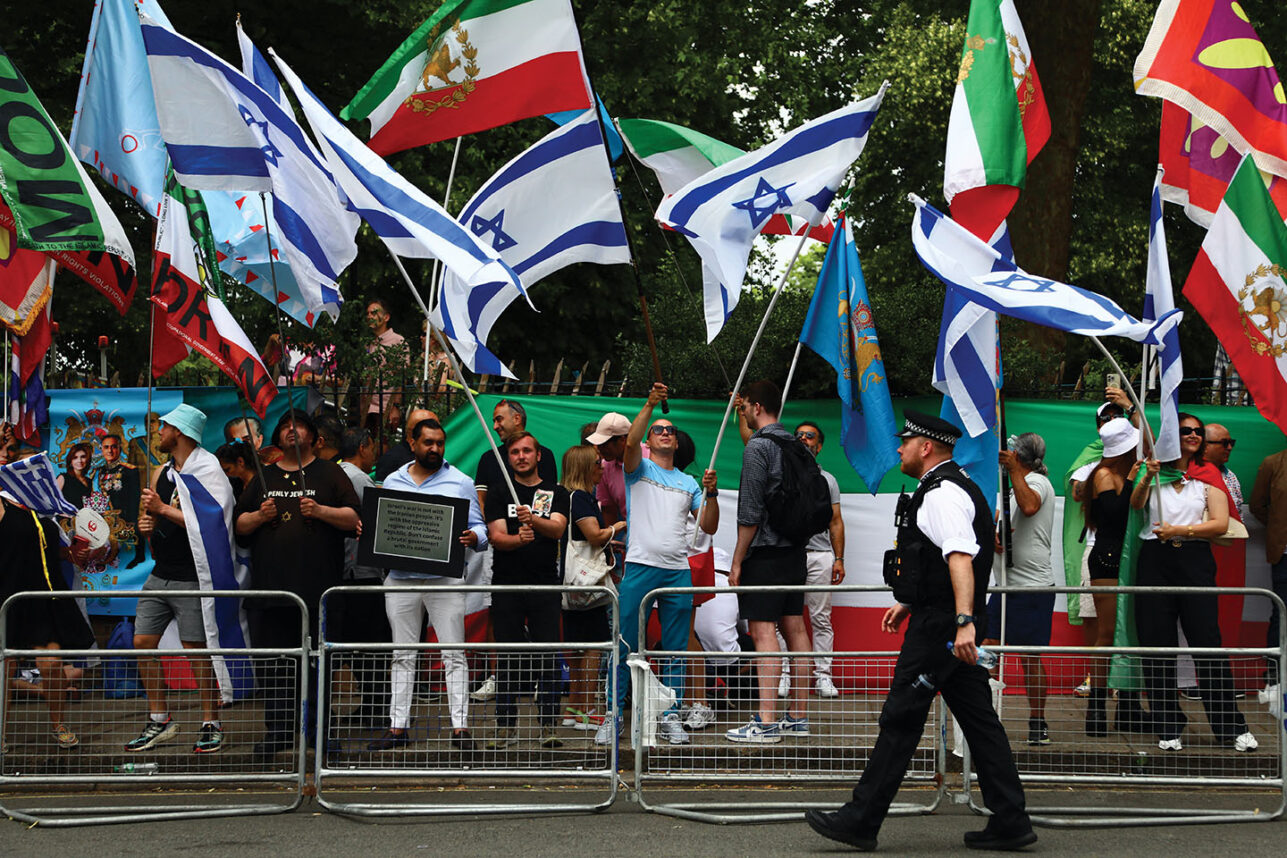
Changing History
The crippling of Iran’s nuclear threat, coupled with a weakening of its terror proxies across the region, has brought us to a moment of history.

Shmuel Rosner is an Israeli columnist, editor, and researcher. He is the editor of the research and data-journalism website themadad.com, and is the political editor of the Jewish Journal.

The crippling of Iran’s nuclear threat, coupled with a weakening of its terror proxies across the region, has brought us to a moment of history.
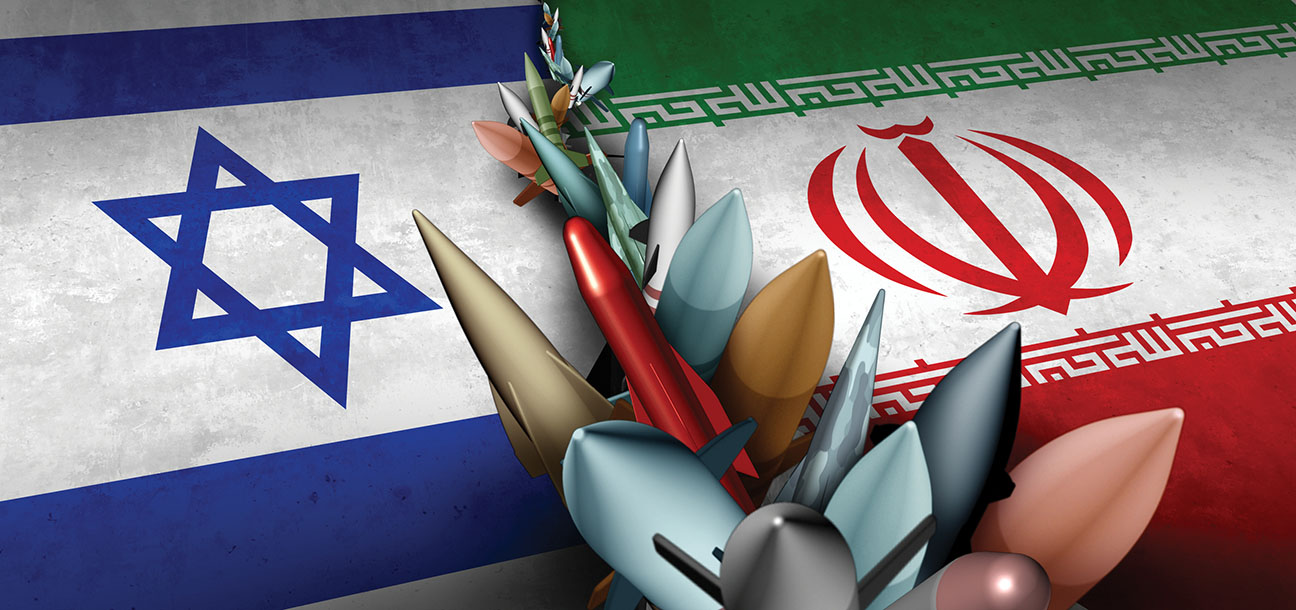
Amid the triumph, the question of long-term purpose and chances of success remains.
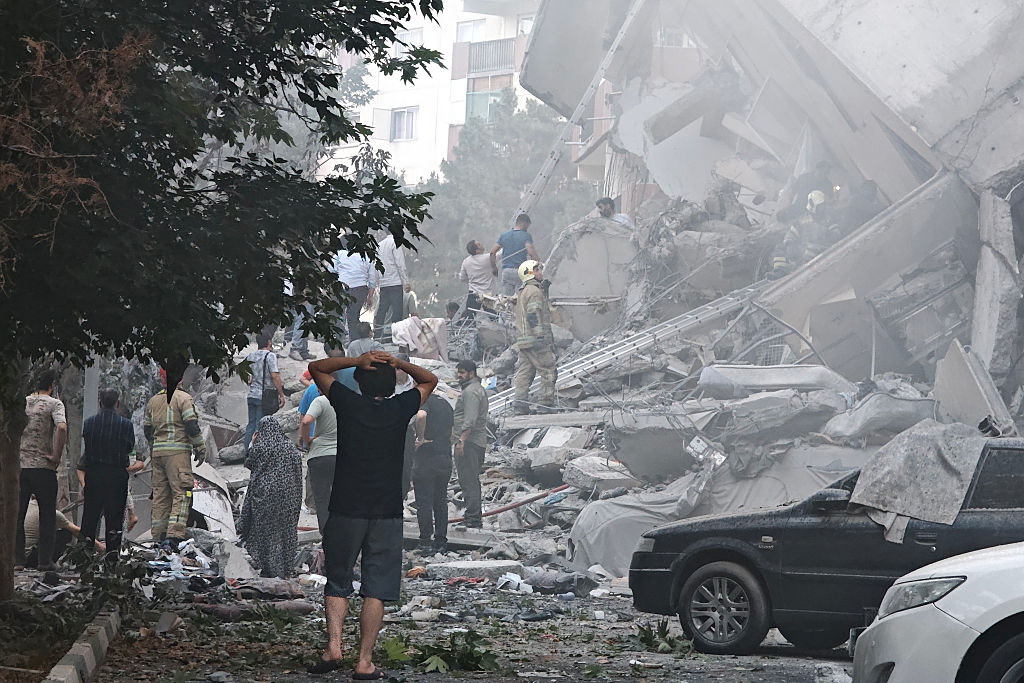
It is not a change in their belief that Iran must be stopped from acquiring a nuclear weapon. It is a change in their belief about Israel’s ability to achieve that goal. That belief is the genuine shift.
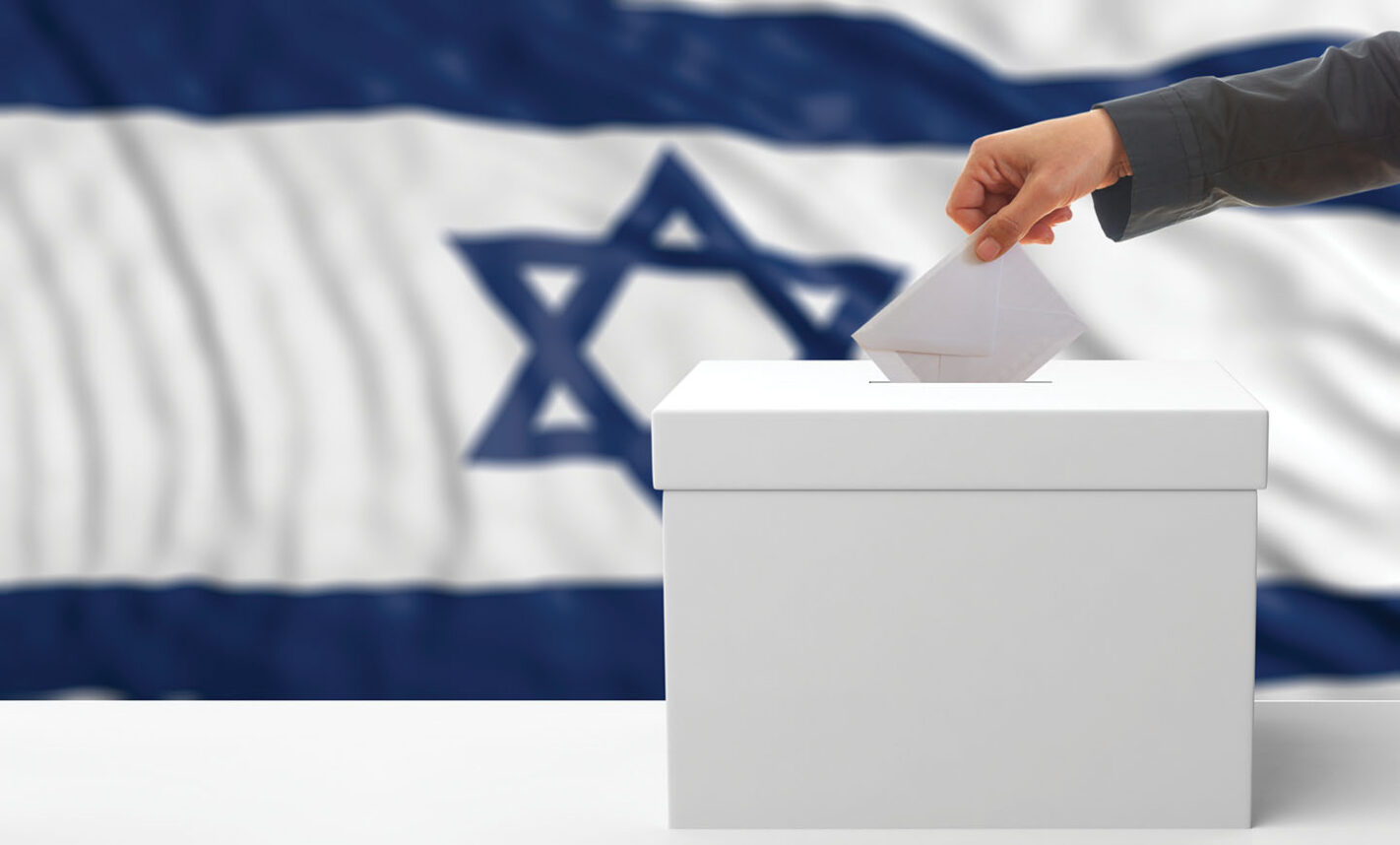
For elections to happen, someone within the coalition must believe they have something to gain from them. A glance at the average polling numbers reveals a simple truth: no one in the current coalition has anything to gain.
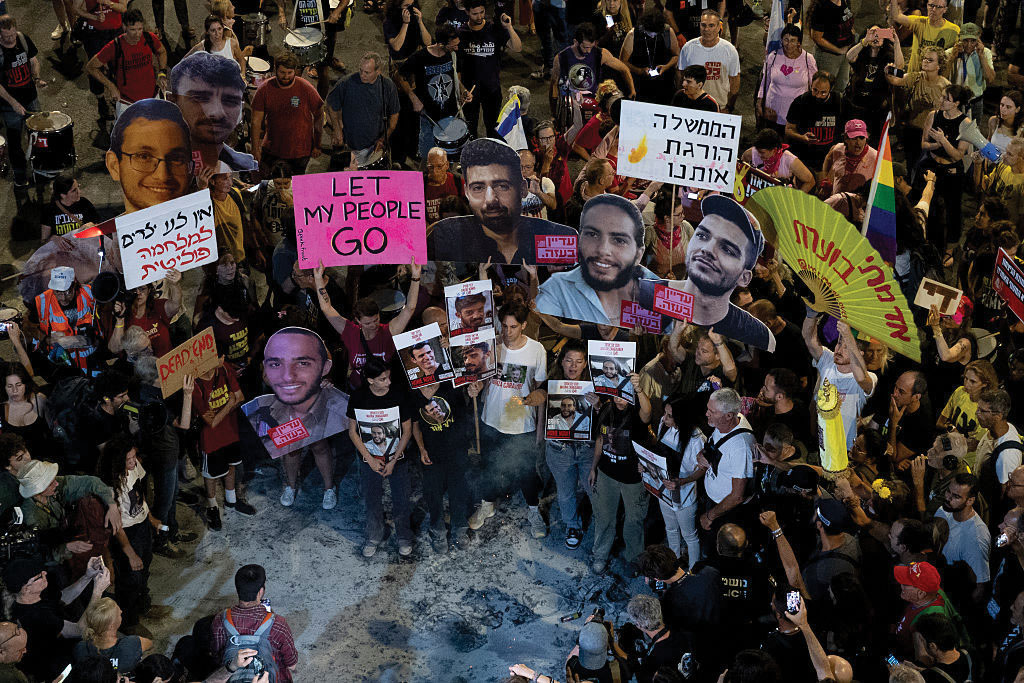
This is what the French, the Australians, the Italians, the Canadians, don’t necessarily understand – a vast majority in this country still expects Gaza not to be ruled by Hamas.
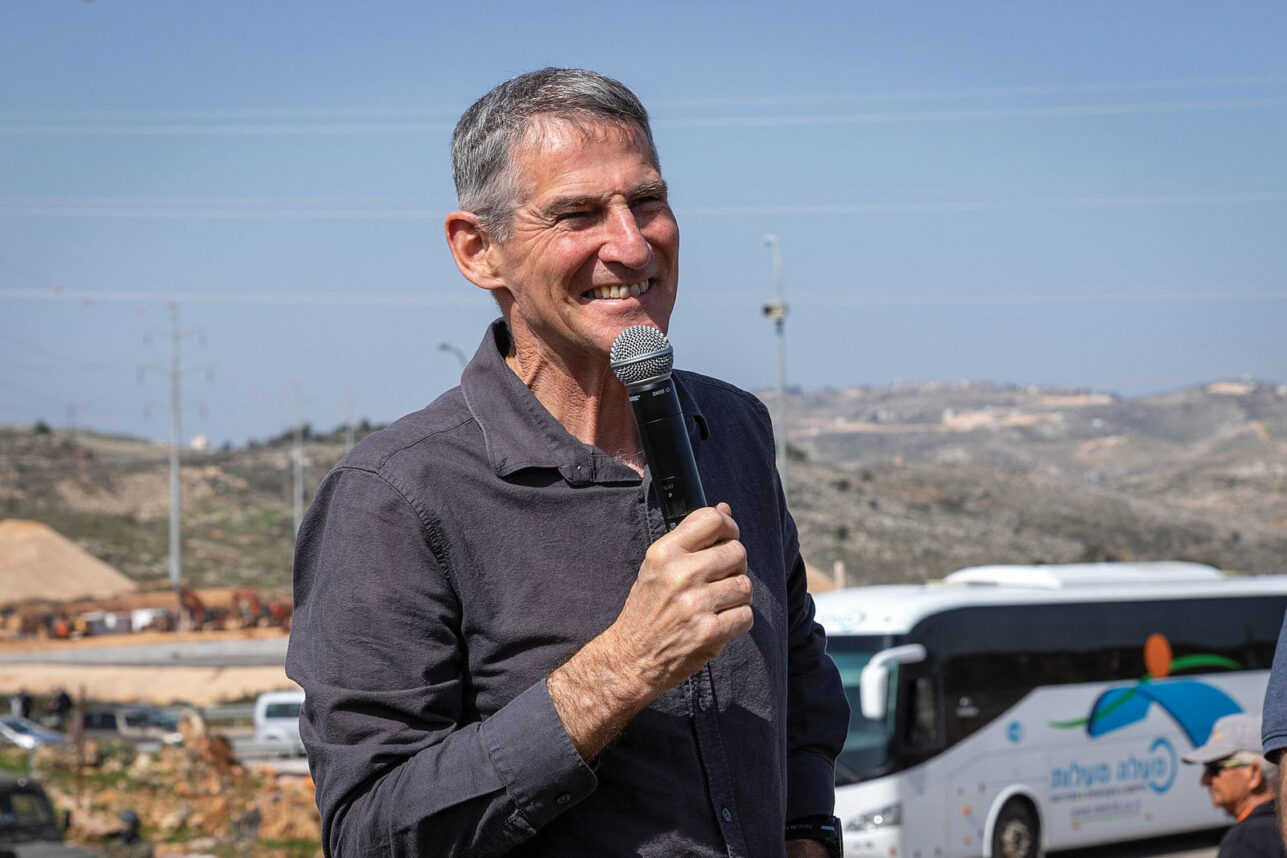
Yair Golan, the head of the leftist Democrats Party wants to be a national leader. But the way he uses words sometimes raises the suspicion that he’s not quite ready for the job.
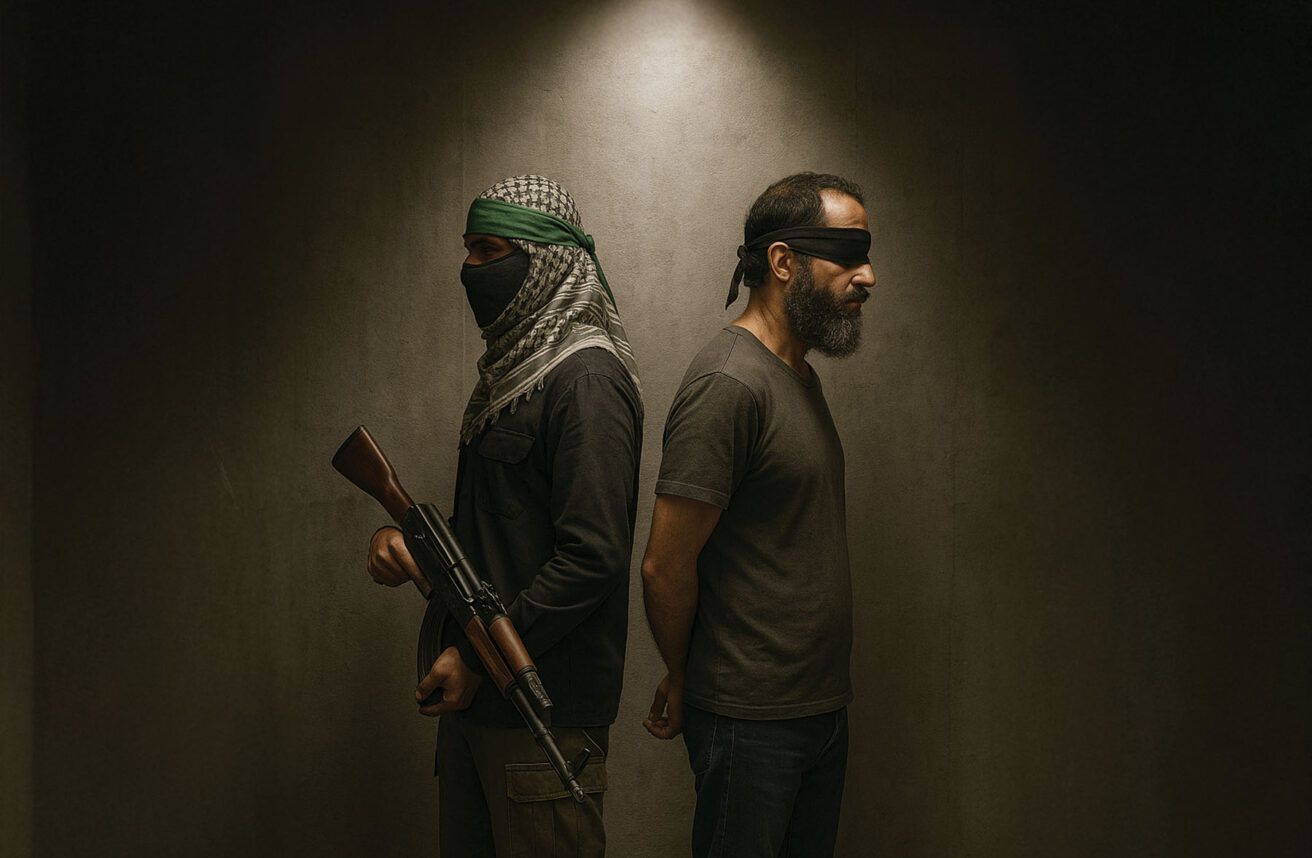
Should Israel destroy Hamas or free the hostages? Can it do both? As the pressure mounts from all sides, Israel confronts an impossible dilemma.
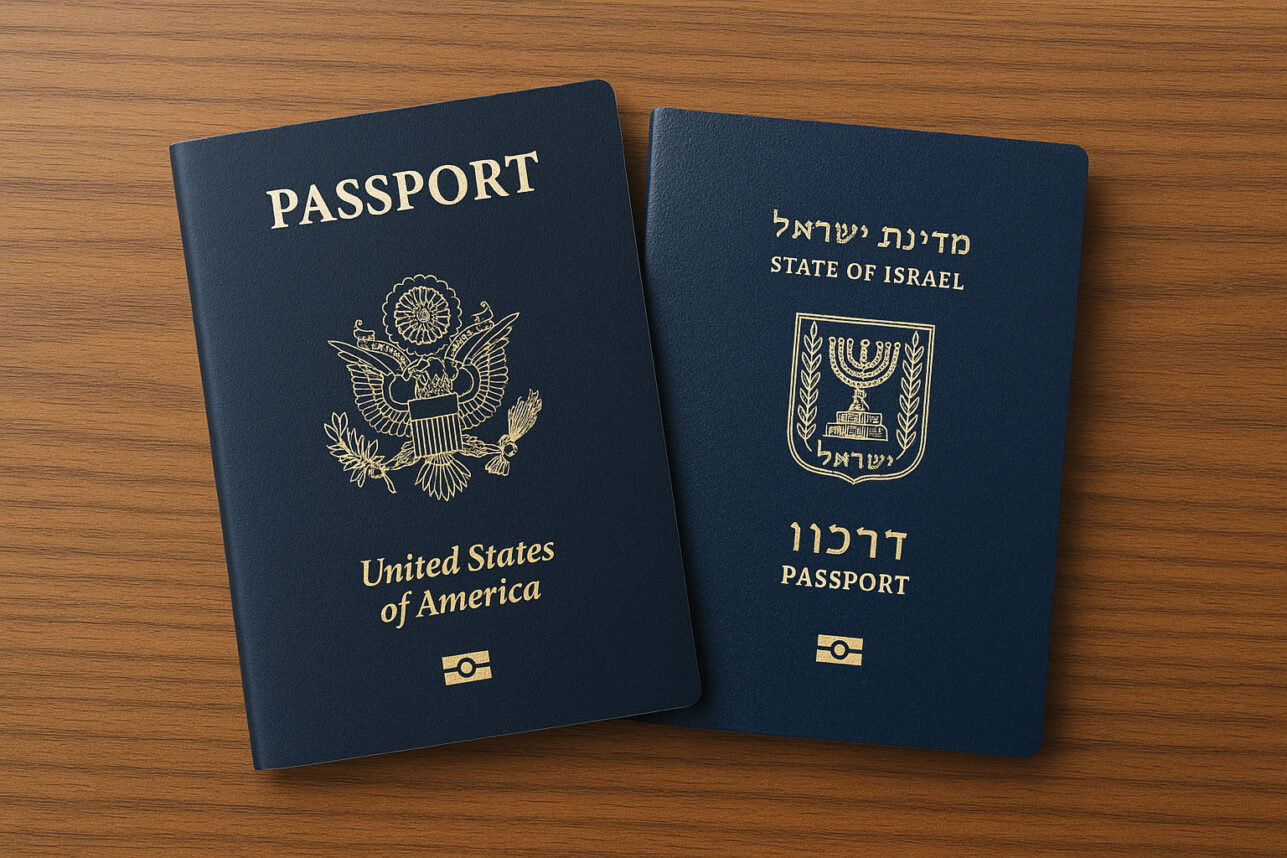
Trump’s cozy first term fooled Israelis into thinking that Obama was the outlier. He was not.
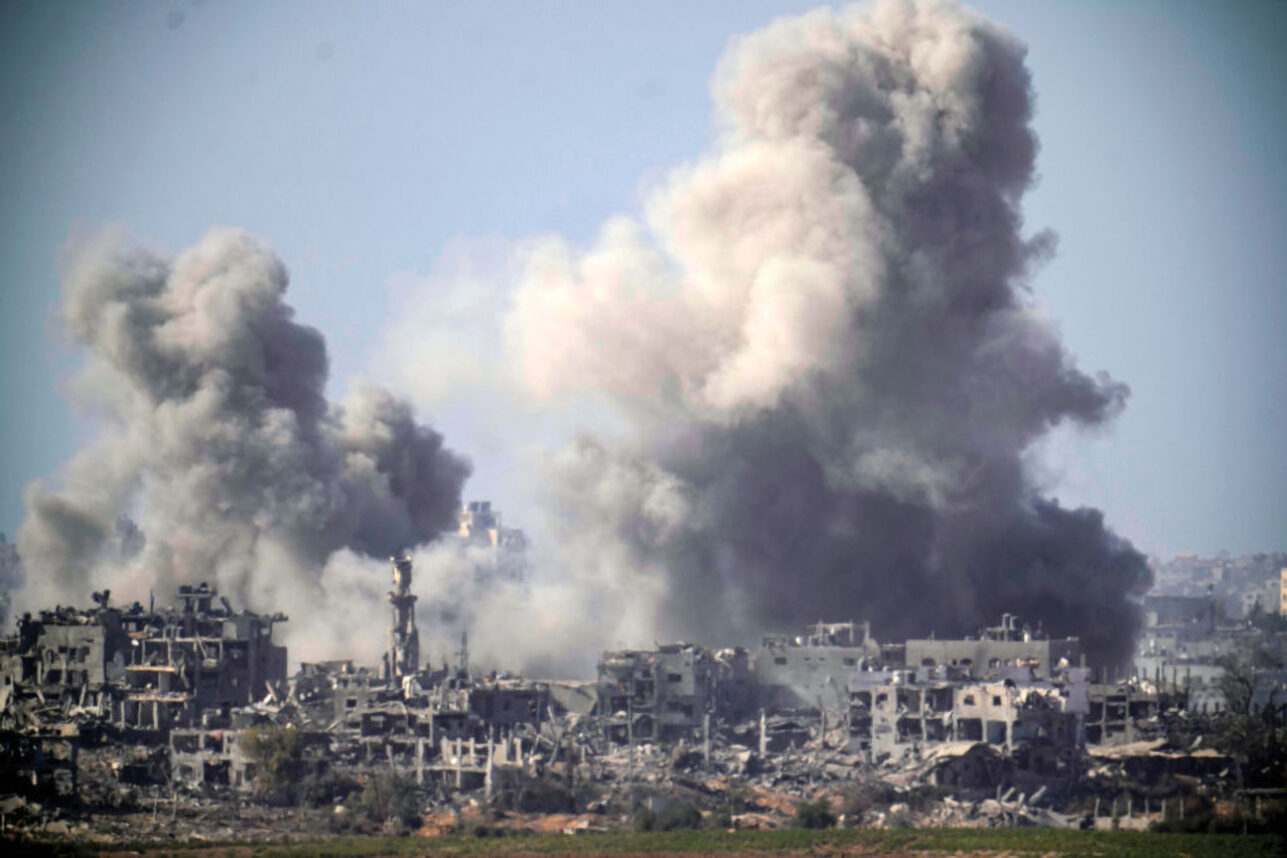
With a resumption of the Gaza war brewing, Israel is facing three questions that need urgent answers.

As was the case last year, this year’s cycle of Yom HaShoah, Yom HaZikaron and Yom HaAtzmaut are not easy to mark. Since Oct. 7, Israel has lived in a near-constant state of mourning, remembrance and resilience.
 More news and opinions than at a Shabbat dinner, right in your inbox.
More news and opinions than at a Shabbat dinner, right in your inbox.